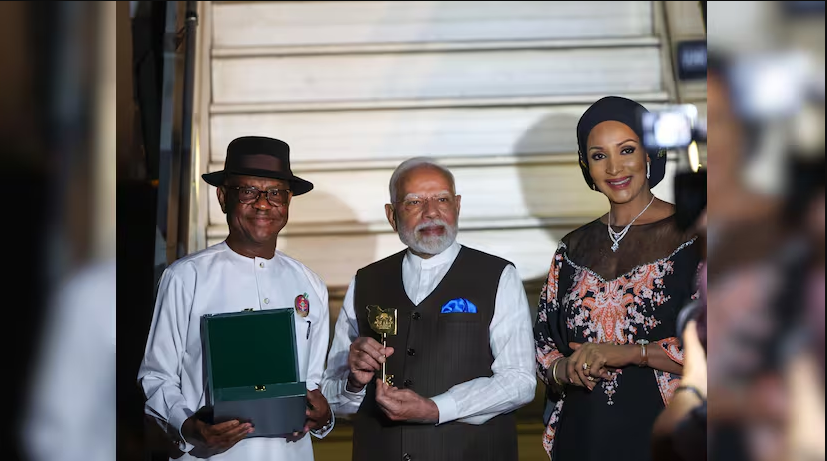
Indian Prime Minister Narendra Modi has started writing a new chapter in India’s foreign policy by beginning a three-nation tour to Nigeria, Brazil and Guyana. This visit underlines India’s positive actions toward the Gowan South, focusing on the efforts to build more extensive cooperation with the developing nations and to enhance the multilateralism framework.
It is equally crucial that the first stop is Nigeria, which besides being Africa’s largest economy is also a strategic partner to India in the continent’s most populous nation. India has long-term positive relations with Nigeria which covers areas such as energy, trade, education, and even defence. On this trip, it is believed as the Prime Minister to further cement the cooperation, trade and investment chance and energy and sustainable development partnership.
The highlight of the tour is the 19th G-20 Summit with the Prime Minister Mr. Narendra Modi attending it in Rio de Janeiro, Brazil. This is a turning point because Brazil succeeded India in the G-20 presidency, thus seeking to advance initiatives undertaken by India. Two key aspects of the discussions will remain under the focus: Inclusion and sustainability – pressing global economy issues, climate initiatives, and digitalization – proved topics to be furthering India’s focus on the agenda of the Global South. The following are Prime Minister Modi’s potential inputs that should turn the focus towards better apprised social and economic justice, fiscal responsibility, and shared, sustainable modes of cooperation.
The last stop in the tour is Guyana where PM will meet President Mohamed Irfaan Ali and also address the Indian community. Currently, owing to its with large scale Indian population, Guyana is a strategic cultural and business hub for India in South America. A visit is to strengthen cooperation because these spheres have great potential as a source of energy and opportunities for mutual business: renewable energy, infrastructures, and agriculture.
This tour is example of enhancing Indian leadership in the international relations and commitment of India to work with the countries with similar vision of development. On the one hand, this statement underlines India’s status of the mediator between the developed and developing countries promoting fair development and stability on the globe.
Relevance for Exams: Of crucial significance for the aspirants, there will be questions in reference to interactions with the Global South, the importance of Nigeria, and Guyana, and the leadership of India on G-20. Awareness of the goals of the upcoming Brazil hosted G-20 and its compatibility with India norms is highly important for answering the questions on India’s multilateralism.
Chat With Us



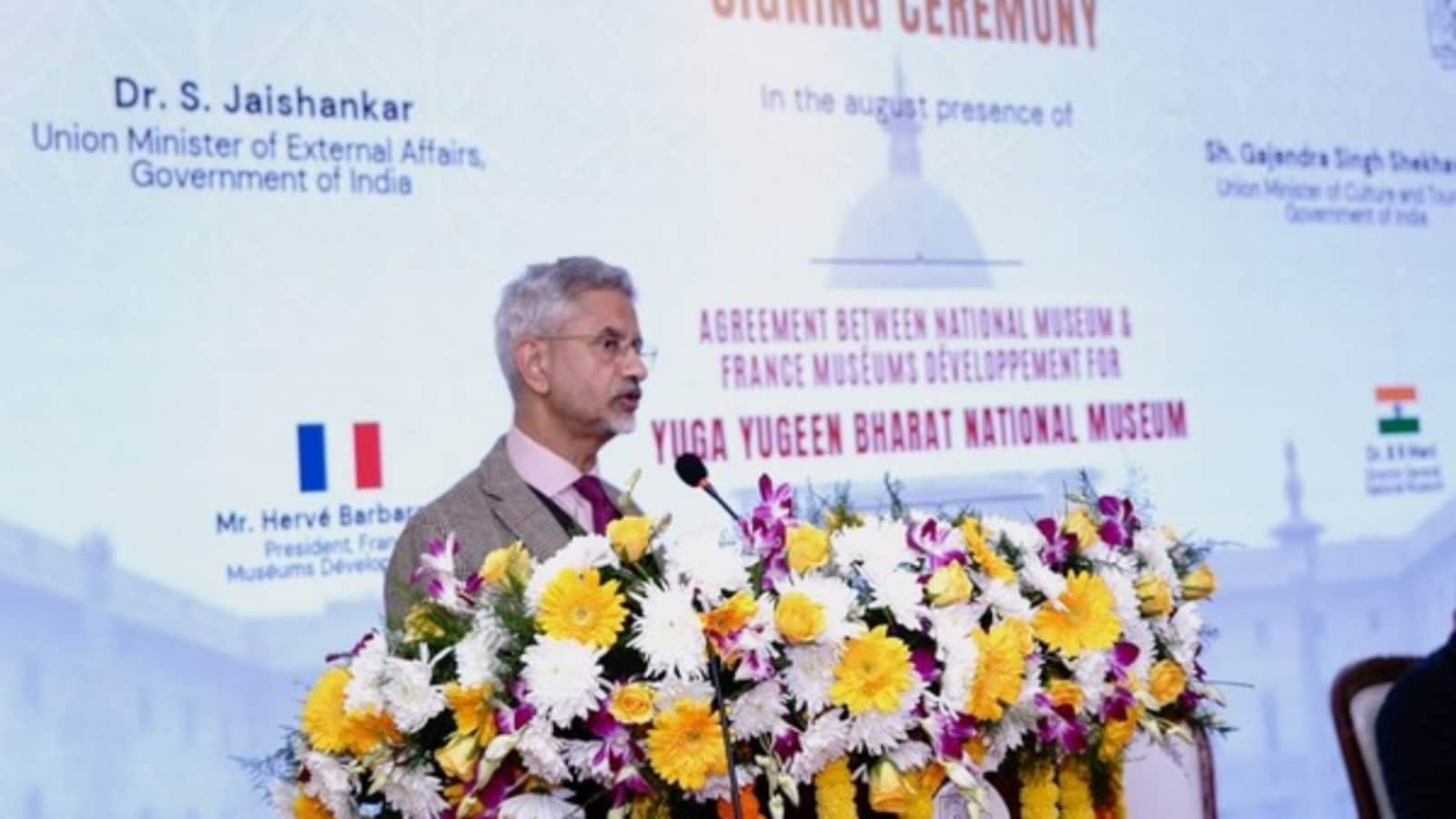 India Partners with France Museums Development for Yuga Yugeen Bharat National Museum
India Partners with France Museums Development for Yuga Yugeen Bharat National Museum Switzerland Withdraws MFN Status for India: Implications on Tax and Trade
Switzerland Withdraws MFN Status for India: Implications on Tax and Trade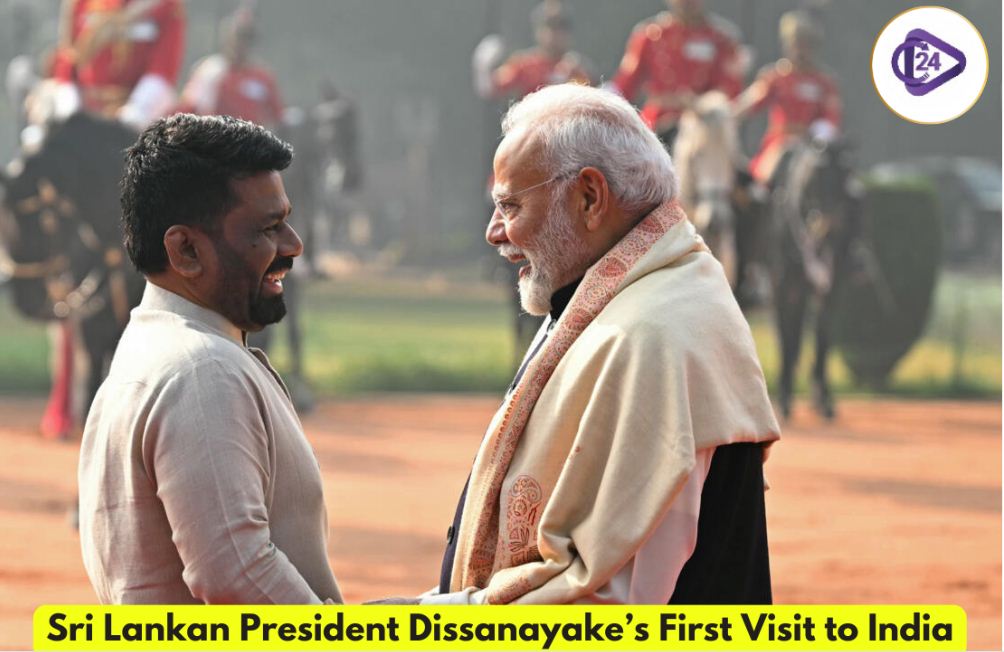 Srilankan PM Dissanayake's first visit to India
Srilankan PM Dissanayake's first visit to India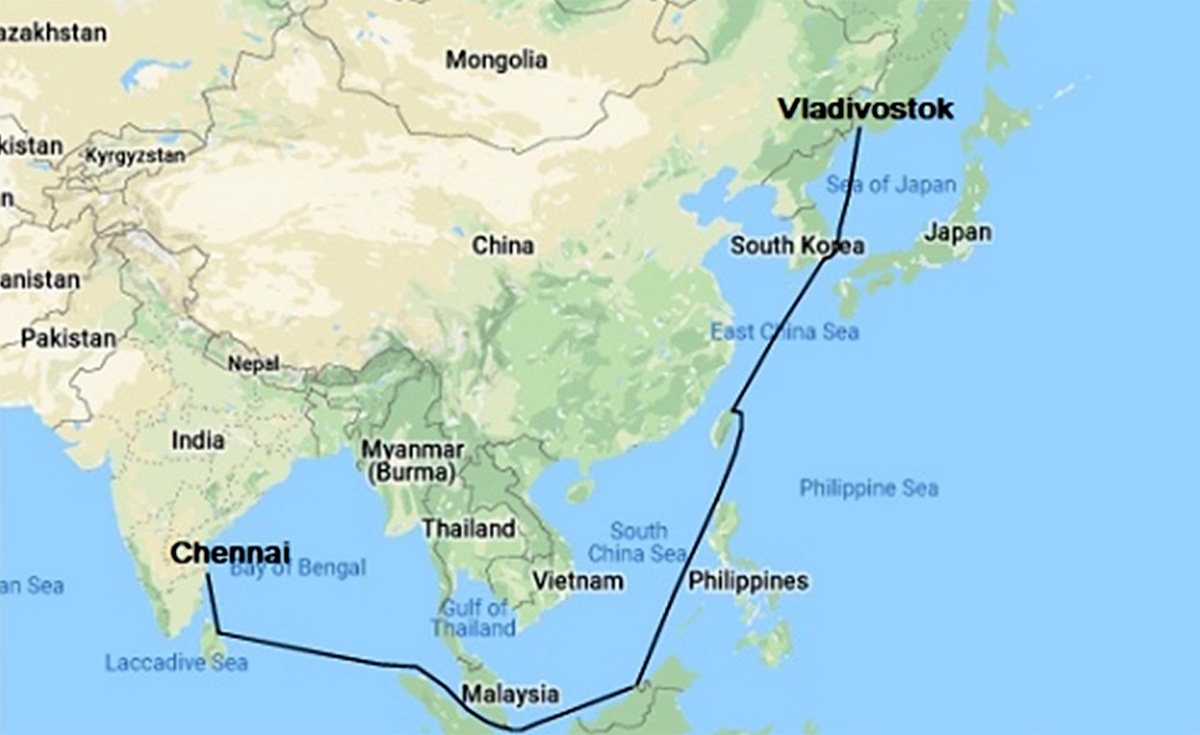 India-Russia Route to boost by new Eastern route
India-Russia Route to boost by new Eastern route Disease X: Congo Outbreak Highlights the Next Potential Pandemic
Disease X: Congo Outbreak Highlights the Next Potential Pandemic The Syrian Crisis: Geopolitical and Humanitarian Challenges
The Syrian Crisis: Geopolitical and Humanitarian Challenges India Supports Palestine Peace Resolution at UNGA
India Supports Palestine Peace Resolution at UNGA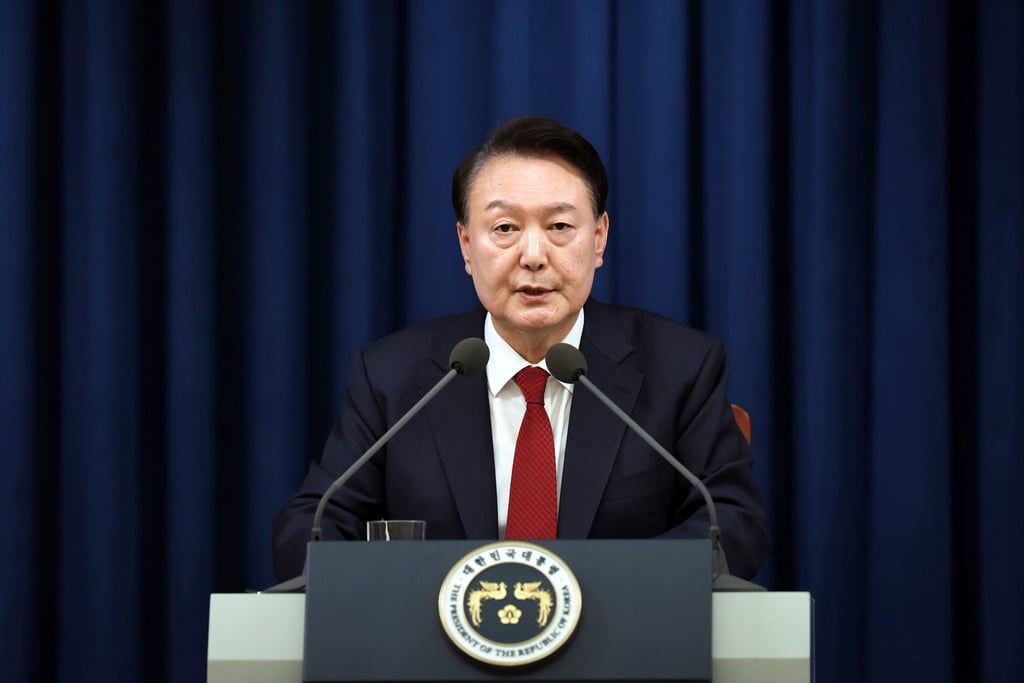 South Korea Martial Law Crisis: Political Unrest and Impact on India
South Korea Martial Law Crisis: Political Unrest and Impact on India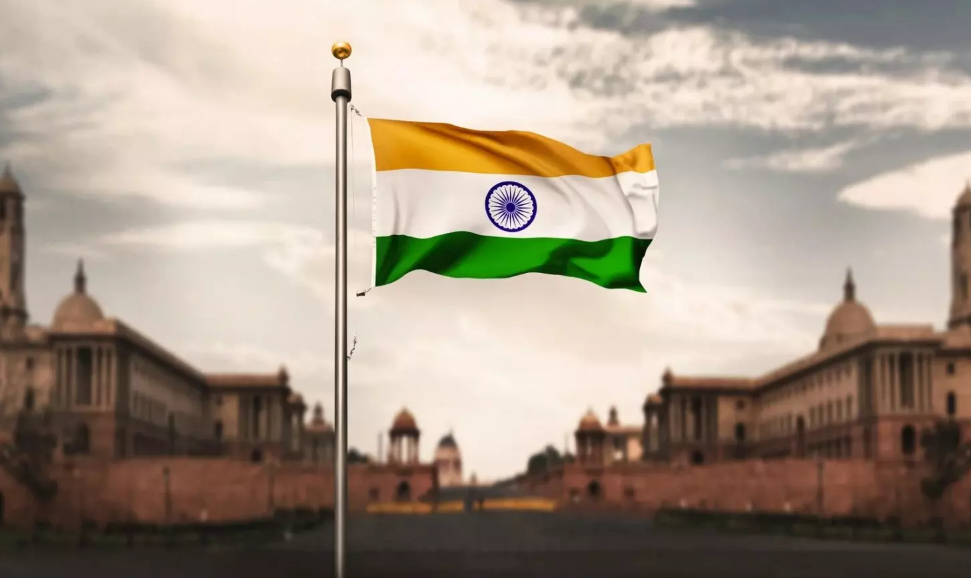 India Secures re-election UN Peacebuilding Commission 2025-2026
India Secures re-election UN Peacebuilding Commission 2025-2026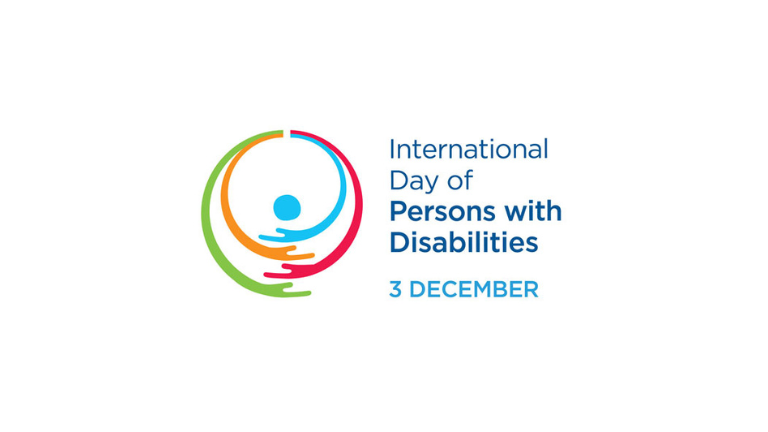 Persons with Disabilities Day 2024 Awareness and Rights
Persons with Disabilities Day 2024 Awareness and Rights






